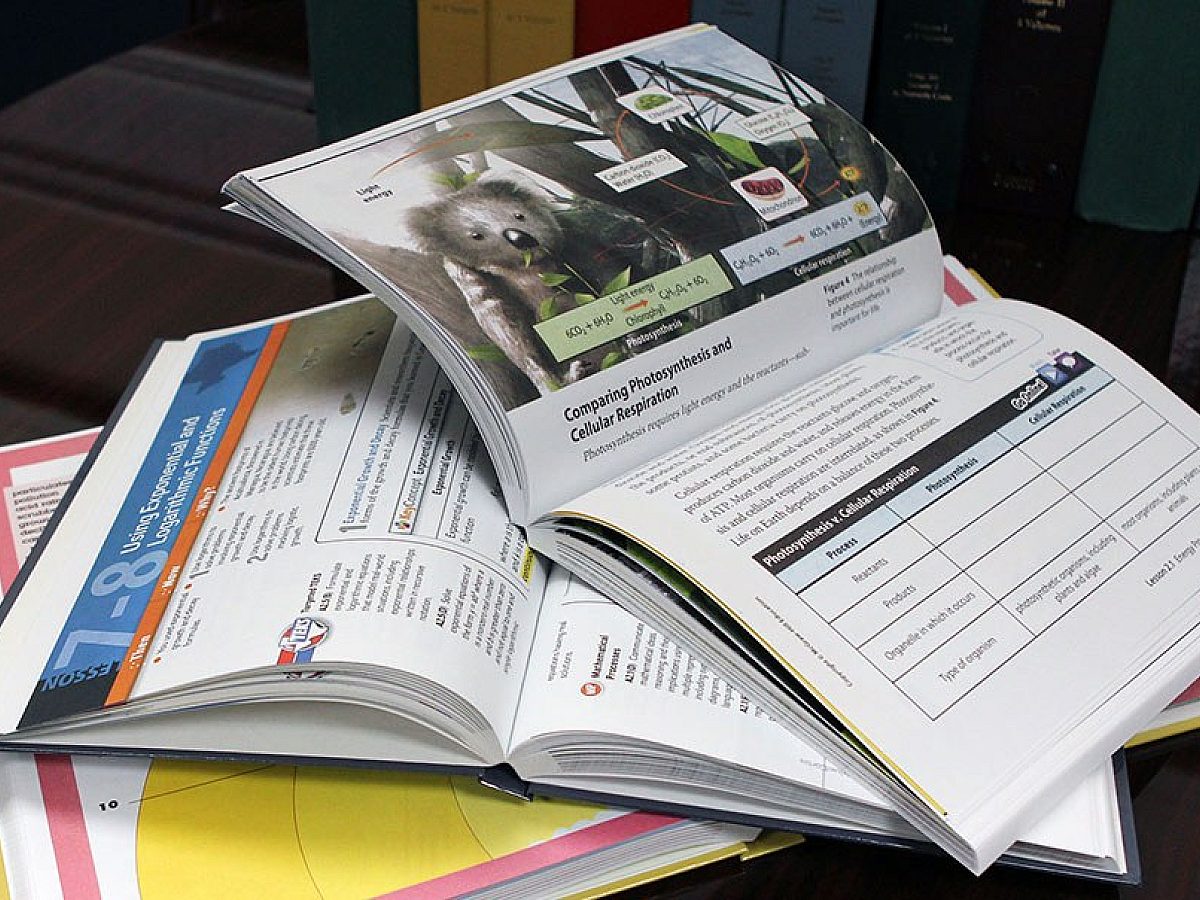𝘈𝘱𝘱𝘳𝘰𝘹 𝘳𝘦𝘢𝘥 𝘵𝘪𝘮𝘦: 3 𝘮𝘪𝘯𝘴🕒
If you’ve been asked to provide a “certified translation” for official use, it’s natural to have questions. Is it different from a standard translation? Who can certify it? And why does it matter?
A certified translation is a translated document that’s been officially declared as a true and accurate version of the original.
In this blog, we’ll break down more on what certified document translation means, when you might need one, and how to make sure your translation meets the right legal or regulatory standards.
Certified document translation: in more detail
The translated document includes a signed statement of truth, sometimes called a certificate of accuracy, and is often accompanied by the translator’s or agency’s credentials.
Certified translation is often needed when the document is going to be used for:
-
Legal or regulatory purposes
-
Immigration or visa applications
-
Academic or professional recognition
-
Government submissions or official contracts
What types of documents might need certification?
While requirements vary by country and institution, here are some common types of documents that may require certified translation:
- Birth, marriage or death certificates
- Academic transcripts and diplomas
- Court documents
- Contracts
- Medical reports
- Affidavits
- Financial statements
- And more.
What makes a translation "certified"?
In the UK, a certified translation includes a signed statement from the translator or agency, confirmation that it is a true and accurate translation, and the name, date and contact details of the translation provider.
However, global authorities may require other types of certification. For example, a sworn translation is typically required in civil law countries. Before starting a project, it's worth knowing whether your document needs to be accepted in the UK or abroad, and then seeking advice on the certification required in that country.
Common use cases
Here are some common situations where certified translation is either required or strongly recommended:
Immigration and visa applications
Whether you're applying to the Home Office or European consulates, certified translation is often mandatory for personal documents.
Court proceedings or official legal use
If you're submitting evidence, contracts or witness statements, the court will typically require certified versions to ensure legal validity.
Studying or working abroad
Universities and employers may ask for certified translations of your academic records, especially if applying from non-English-speaking countries.
Overseas property or business transactions
When buying property or forming a company abroad, official documents, such as title deeds or company articles, must be accurately translated and often notarised.
Certified translations can take slightly longer than standard ones, especially if notarisation or an Apostille is required. It's best to plan and send us clear scans of your original documents as early as possible. However, we can always accommodate urgent requests.
Need a certified translation?
Whether you’re applying to university, dealing with legal paperwork or planning a move abroad, we can help.
Contact us today for a free quote, test piece or consultation.
𝘒𝘦𝘪𝘳𝘢𝘯 𝘩𝘢𝘴 𝘣𝘦𝘦𝘯 𝘸𝘳𝘪𝘵𝘪𝘯𝘨 𝘢𝘣𝘰𝘶𝘵 𝘭𝘢𝘯𝘨𝘶𝘢𝘨𝘦 𝘴𝘰𝘭𝘶𝘵𝘪𝘰𝘯𝘴 𝘴𝘪𝘯𝘤𝘦 2021 𝘢𝘯𝘥 𝘪𝘴 𝘤𝘰𝘮𝘮𝘪𝘵𝘵𝘦𝘥 𝘵𝘰 𝘩𝘦𝘭𝘱𝘪𝘯𝘨 𝘣𝘳𝘢𝘯𝘥𝘴 𝘨𝘰 𝘨𝘭𝘰𝘣𝘢𝘭 𝘢𝘯𝘥 𝘮𝘢𝘳𝘬𝘦𝘵 𝘴𝘮𝘢𝘳𝘵. 𝘏𝘦 𝘪𝘴 𝘯𝘰𝘸 𝘵𝘩𝘦 𝘏𝘦𝘢𝘥 𝘰𝘧 𝘔𝘢𝘳𝘬𝘦𝘵𝘪𝘯𝘨 𝘢𝘯𝘥 𝘰𝘷𝘦𝘳𝘴𝘦𝘦𝘴 𝘢𝘭𝘭 𝘰𝘧 𝘰𝘶𝘳 𝘤𝘰𝘯𝘵𝘦𝘯𝘵 𝘵𝘰 𝘦𝘯𝘴𝘶𝘳𝘦 𝘸𝘦 𝘱𝘳𝘰𝘷𝘪𝘥𝘦 𝘷𝘢𝘭𝘶𝘢𝘣𝘭𝘦, 𝘶𝘴𝘦𝘧𝘶𝘭 𝘤𝘰𝘯𝘵𝘦𝘯𝘵 𝘵𝘰 𝘢𝘶𝘥𝘪𝘦𝘯𝘤𝘦𝘴.







